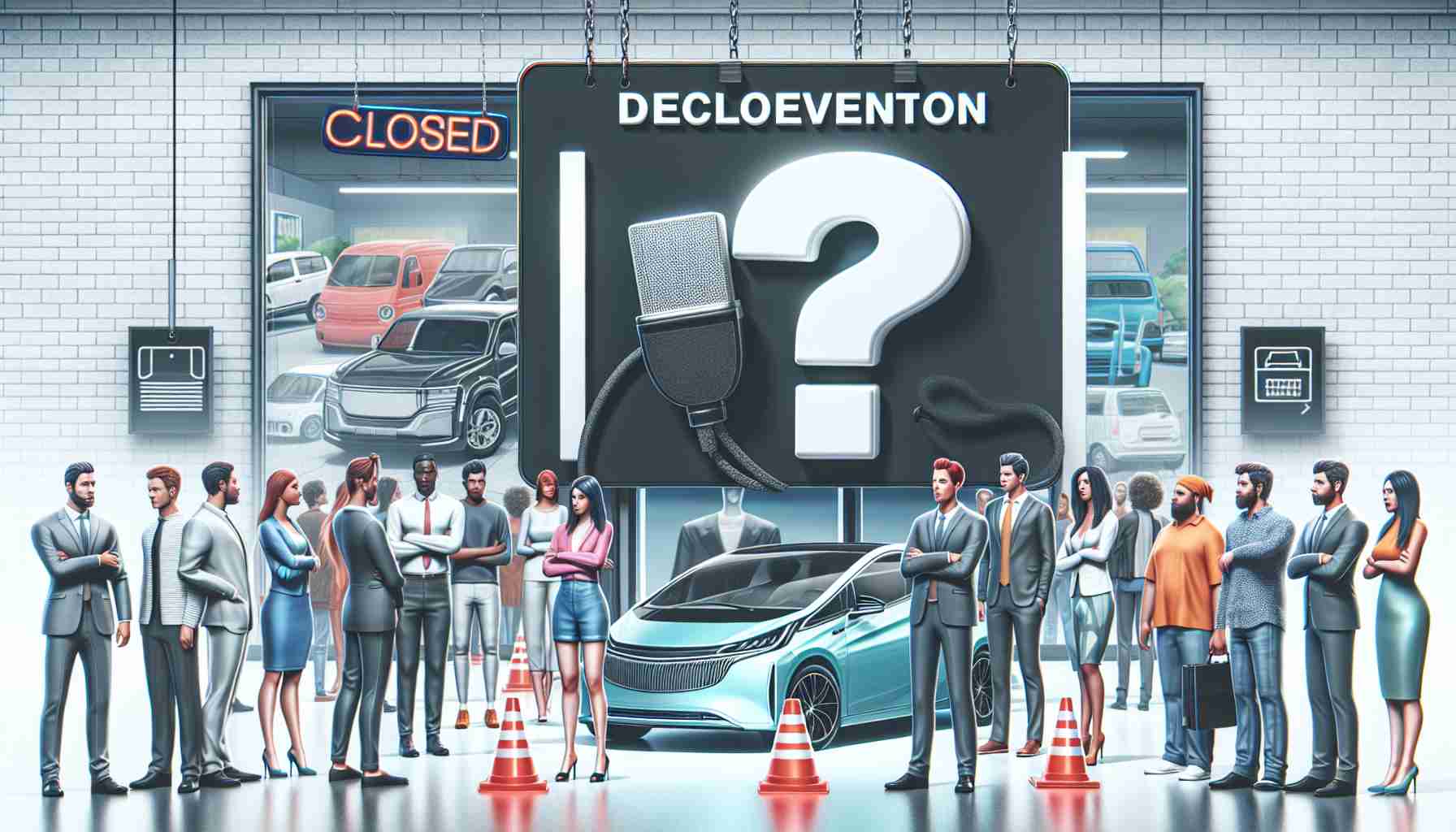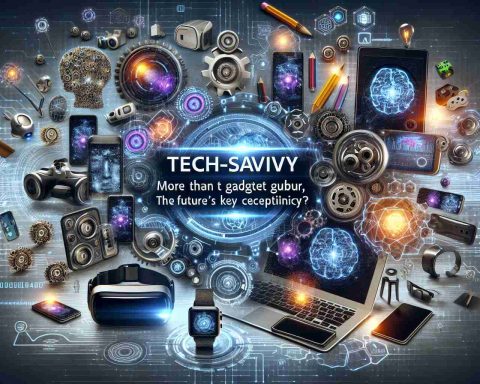The electric vehicle (EV) landscape is shifting dramatically as the federal government has decided to halt its incentive program, which previously granted buyers rebates of up to $5,000 for purchasing electric cars. This change has sent ripples throughout the auto industry, prompting calls for the reevaluation and potential elimination of electric vehicle sale mandates.
Industry Reaction and Concerns
Automakers are voicing their apprehension, arguing that without financial incentives, consumer interest in EVs may wane significantly. The move to suspend rebates raises questions about the future of electric vehicle sales and whether current mandates for automakers to produce a certain percentage of electric models will remain viable.
Discussion on the Implications
In a recent interview, automotive expert Jeremy Cato provided insights into the potential implications of these developments. He emphasized that the removal of financial incentives could deter potential buyers, which may lead to a decrease in sales and a slowdown in the industry’s transition to sustainable vehicles.
As conversations continue among industry leaders, the fate of electric vehicles hangs in the balance, with many stakeholders urging for solutions to maintain momentum in the shift toward electrification. The coming months will be crucial for understanding how these policy changes will affect consumer behavior and the broader automotive market.
The Ripple Effects of EV Incentive Changes
The federal government’s decision to halt electric vehicle (EV) incentives marks a pivotal moment for the auto industry, with implications that extend far beyond just car sales. Consumer adoption of electric vehicles, which has been steadily rising due to financial rebates, could face a severe setback. A decline in sales not only affects automakers but could also influence the broader adoption of sustainable technologies, reflecting a societal shift away from environmentally-conscious choices.
Furthermore, the changes could have profound ramifications on the global economy, especially for countries that are heavily invested in EV production. The supply chain involving battery manufacturers, raw material miners, and charging infrastructure developers stands to lose significantly, potentially leading to job losses and economic instability in sectors reliant on the thriving EV market. The suspension of incentives could also magnify the existing disparities in access to electric mobility, as higher upfront costs might deter lower-income groups from transitioning to greener options.
The environmental implications are equally concerning. A slowdown in EV adoption may hinder progress towards emission reduction targets, delaying critical advancements necessary to combat climate change. As the demand for fossil fuels remains bolstered by less incentive to move towards electrification, this could result in increased greenhouse gas emissions, undermining decades of environmental policy efforts.
As we look to the future, the landscape for EVs may evolve. New trends in consumer behavior and potential shifts in governmental policies could emerge, with advocates pushing for alternative solutions to enhance EV affordability. Long-term significance will hinge on whether the industry can adapt to these changes and continue promoting sustainable transportation solutions amid shifting economic realities.
What’s Next for Electric Vehicles After Government Incentives Halt?
The electric vehicle (EV) industry is on the brink of transformation as federal incentives for purchasing electric cars are put on hold. This significant shift not only raises questions about consumer interest but also stirs debate among automakers and industry experts regarding the future of EV sales and production mandates.
Impact of Incentive Changes
The cessation of financial incentives, which previously offered rebates of up to $5,000, is expected to negatively impact consumer purchasing behavior. This could lead to an overall slowdown in electric vehicle sales, as potential buyers may hesitate without financial Assurance. The uncertainty looms large over the current mandates that require automakers to produce a specific percentage of electric models.
Pros and Cons of the Incentive Suspension
Pros:
– Market Correction: Eliminating rebates may lead to a natural adjustment in pricing and production strategies, encouraging automakers to innovate without reliance on government support.
– Focus on Demand: Automakers may need to up their game in terms of technology and marketing to convince consumers of the true value of EVs, potentially leading to more competitive products.
Cons:
– Decreased Sales: The immediate consequence could be a drop in vehicle sales as consumers may revert to traditional gas-powered cars.
– Slowed Transition to Sustainability: The automotive industry’s shift towards sustainability could stall, impacting long-term environmental goals.
Expert Insights and Future Predictions
Industry expert Jeremy Cato has highlighted that the scrapping of financial incentives might deter buyers significantly, ultimately affecting both sales volume and the transition toward sustainable vehicles. He emphasizes the urgency for automakers and stakeholders to strategize to maintain consumer interest in the electric vehicle market.
Key Considerations for Automakers and Consumers
1. Market Analysis: The upcoming months are crucial as companies will closely monitor any shifts in consumer behavior that could arise due to these policy changes.
2. Innovation and Adaptation: Manufacturers must not only be compliant with current mandates but should also innovate to create compelling, cost-effective products that attract consumers without the aid of rebates.
3. Sustainability Goals: Stakeholders must continue advocating for sustainable practices within the industry, ensuring that the transition to electric vehicles remains a priority despite policy shifts.
The Way Forward
The halting of the incentive program poses significant challenges, but it may also present opportunities for growth and development in the EV sector. As automakers reconsider their production strategies and consumers adjust their purchasing decisions, the landscape will continue to evolve.
For more information about the future of electric vehicles and related topics, visit Edmunds.









